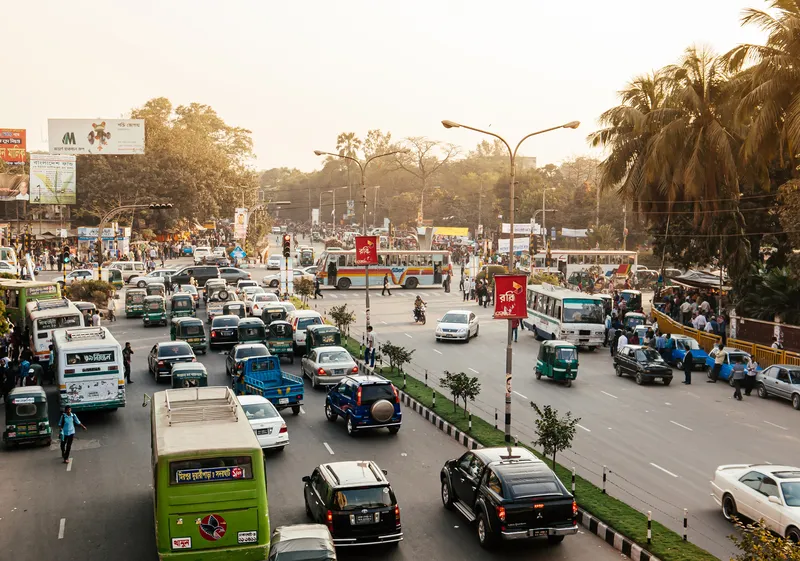The World Bank has announced a US$133.54 million grant to support the Government of Yemen’s ambitious plan to connect the northern and southern parts of the country with a 710 kilometre highway. The largest ever infrastructure project in Yemen’s history will play a vital role in the country’s transition by targeting the root causes of instability, such as lack of access to economic opportunities and poor national integration, and rebuilding the country’s social and economic base.
“This is more than just
June 6, 2014
Read time: 2 mins
The 2000 World Bank has announced a US$133.54 million grant to support the Government of Yemen’s ambitious plan to connect the northern and southern parts of the country with a 710 kilometre highway. The largest ever infrastructure project in Yemen’s history will play a vital role in the country’s transition by targeting the root causes of instability, such as lack of access to economic opportunities and poor national integration, and rebuilding the country’s social and economic base.
“This is more than just a road project, it will make a significant contribution to future stability and growth,” said World Bank President Jim Yong Kim from neighbouring Saudi Arabia, where he is on the first stop of a four-day visit to the region. “Development is essential right now in Yemen and across the region to give meaning to political achievements and show what peace can deliver – which is why we are mobilising resources and building partnerships to support more of these transformational projects.”
The grant will finance the construction of the first, critical section of the highway. The bank’s Corridor Highway Project, combined with a parallel US$320 million project financed by the Saudi Fund for Development, will build 140 kilometres of road linking the port city of Aden with Taiz. This initial stretch of highway will connect two areas of the former South and North Yemen, bridging one of the country’s main political fault lines, and cross three governorates where one fifth of the country’s poor are located.
The bank’s Corridor Highway project is expected to be completed within three to four years, and create around 4,000 jobs (the equivalent of 1.28 million person/days of work). The large-scale construction will also offer opportunities for Yemeni contractors and the providers of various goods and services. In addition, the project will include training for the Ministry of Public Works and Highways to expand their capacity to manage the new highway.
“This is more than just a road project, it will make a significant contribution to future stability and growth,” said World Bank President Jim Yong Kim from neighbouring Saudi Arabia, where he is on the first stop of a four-day visit to the region. “Development is essential right now in Yemen and across the region to give meaning to political achievements and show what peace can deliver – which is why we are mobilising resources and building partnerships to support more of these transformational projects.”
The grant will finance the construction of the first, critical section of the highway. The bank’s Corridor Highway Project, combined with a parallel US$320 million project financed by the Saudi Fund for Development, will build 140 kilometres of road linking the port city of Aden with Taiz. This initial stretch of highway will connect two areas of the former South and North Yemen, bridging one of the country’s main political fault lines, and cross three governorates where one fifth of the country’s poor are located.
The bank’s Corridor Highway project is expected to be completed within three to four years, and create around 4,000 jobs (the equivalent of 1.28 million person/days of work). The large-scale construction will also offer opportunities for Yemeni contractors and the providers of various goods and services. In addition, the project will include training for the Ministry of Public Works and Highways to expand their capacity to manage the new highway.









